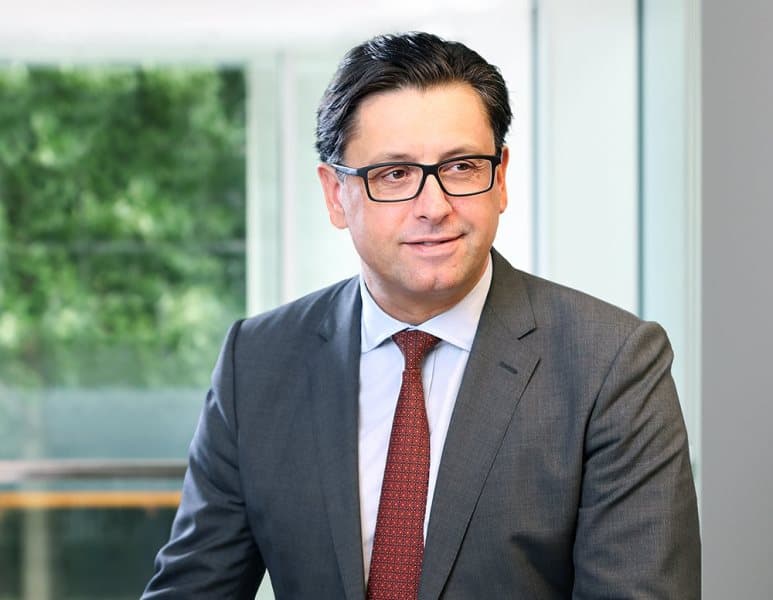
Sanofi has reported a fall in third-quarter sales as strong uptake of its immunology drug Dupixent was unable to offset pressure on its vaccines and primary care businesses.
First launched for atopic dermatitis in 2016, label extensions to include adolescent AD patients as well as asthma and chronic rhinosinusitis with nasal polyps helped sales of Regeneron-partnered Dupixent (dupilumab) rise 142% to €570m ($637m) in the third quarter.
That puts it on course to broach the €2bn threshold for the full-year, which could be a big increase on the €788m sales recorded in 2018 and keep it on course for what some analysts predict could be $7.5bn potential at peak.
There’s no question Sanofi needs Dupixent to deliver on that promise. Third-quarter results revealed vaccine sales down almost 10% to €1.9bn – which it blamed on a delay by the World Health Organisation (WHO) on publishing the flu strains for inclusion in this year’s seasonal vaccines – while pressure on diabetes and cardiovascular drugs dragged primary care sales down more than 8% to €3.8bn.
Sanofi’s new chief executive Paul Hudson (pictured below) – just two months into the job since the departure of Olivier Brandicourt – insisted the results showed “a resilient underlying performance”, particularly in speciality care. He added that the company expects to meet its financial target of a 5% increase in earnings for the full-year.

Sanofi CEO Paul Hudson
Hudson has taken over at Sanofi at a time when the French group has only just started to emerge from a long and difficult period marked by patent losses for big brands, particularly in its diabetes franchise.
At the same time, some much-trumpeted new launches like cholesterol drug Praluent (alirocumab) and arthritis drug Kevzara (sarilumab) have not delivered on their potential.
There were some encouraging signs in the third-quarter beyond Dupixent, including a 118% increase in sales of Kevzara to €49m and 12% growth for oral multiple sclerosis therapy Aubagio (teriflunomide) despite greater competition from drugs like Roche’s Ocrevus (ocrelizumab), Novartis’ Mayzent (siponimod) and Merck KGaA’s Mavenclad (cladribine).
Sanofi’s rare disease and oncology franchises also performed fairly well, rising 9% to €424m and 7% to €774m, respectively.
The quarter also saw the first contribution for Sanofi’s latecomer cancer immunotherapy Libtayo (cemiplimab), though that was modest at just €4m following its EU approval for metastatic cutaneous squamous cell carcinoma (CSCC) in June.
Regeneron books sales of Libtayo in the US, where it was approved for CSCC last year, and made $68m from the drug in the first half of the year. Sanofi will be hoping for a big uptick in its sales of the product as it rolls out in Europe and other world markets like Brazil.
Praluent had another desultory quarter however, slipping almost 12% to €61m during a period when Amgen’s rival Repatha (evolocumab) grew 40% to $168m.




